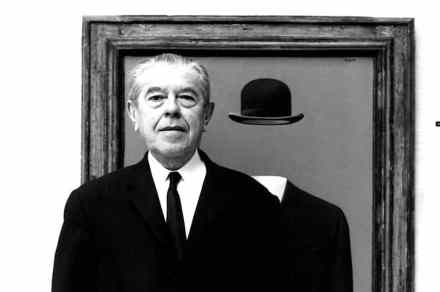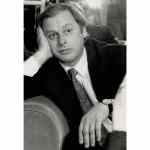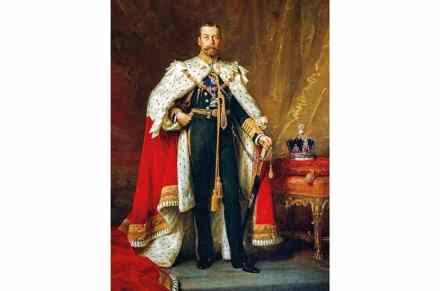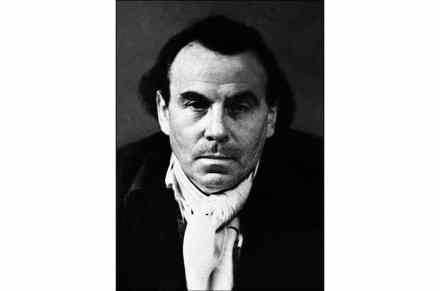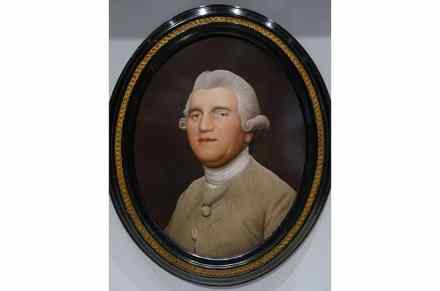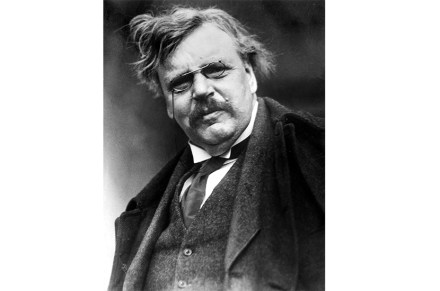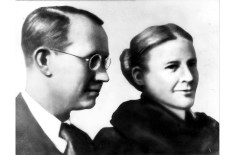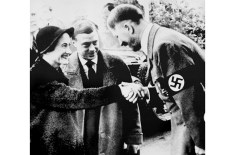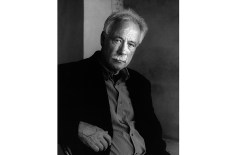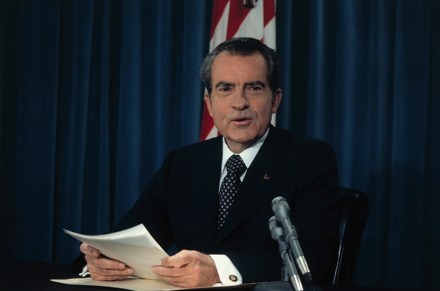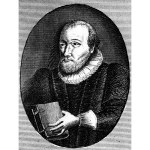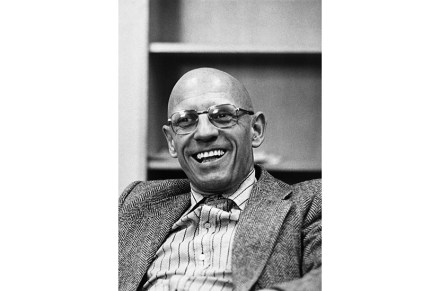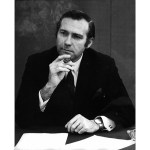How Noddy and Big Ears conquered the world
Perhaps the funniest of the many funny jokes in Sue Townsend’s The Secret Diary of Adrian Mole, Aged 13¾ is its protagonist’s struggle with Enid Blyton. Having turned the corner into adolescence, Adrian is mortified by the Blyton characters on the wallpaper in his childhood bedroom and sets about repainting the room in black, the better to represent his turbulent soul. And yet, though he slaps on coat after coat of black paint, the shiny yellow bells on Noddy’s cap continue to show through. He’s reduced to colouring them in one by one. (‘Went over hat bells with black felt-tip pen, did 69 tonight, only 124 to go.’) Adrian Mole



